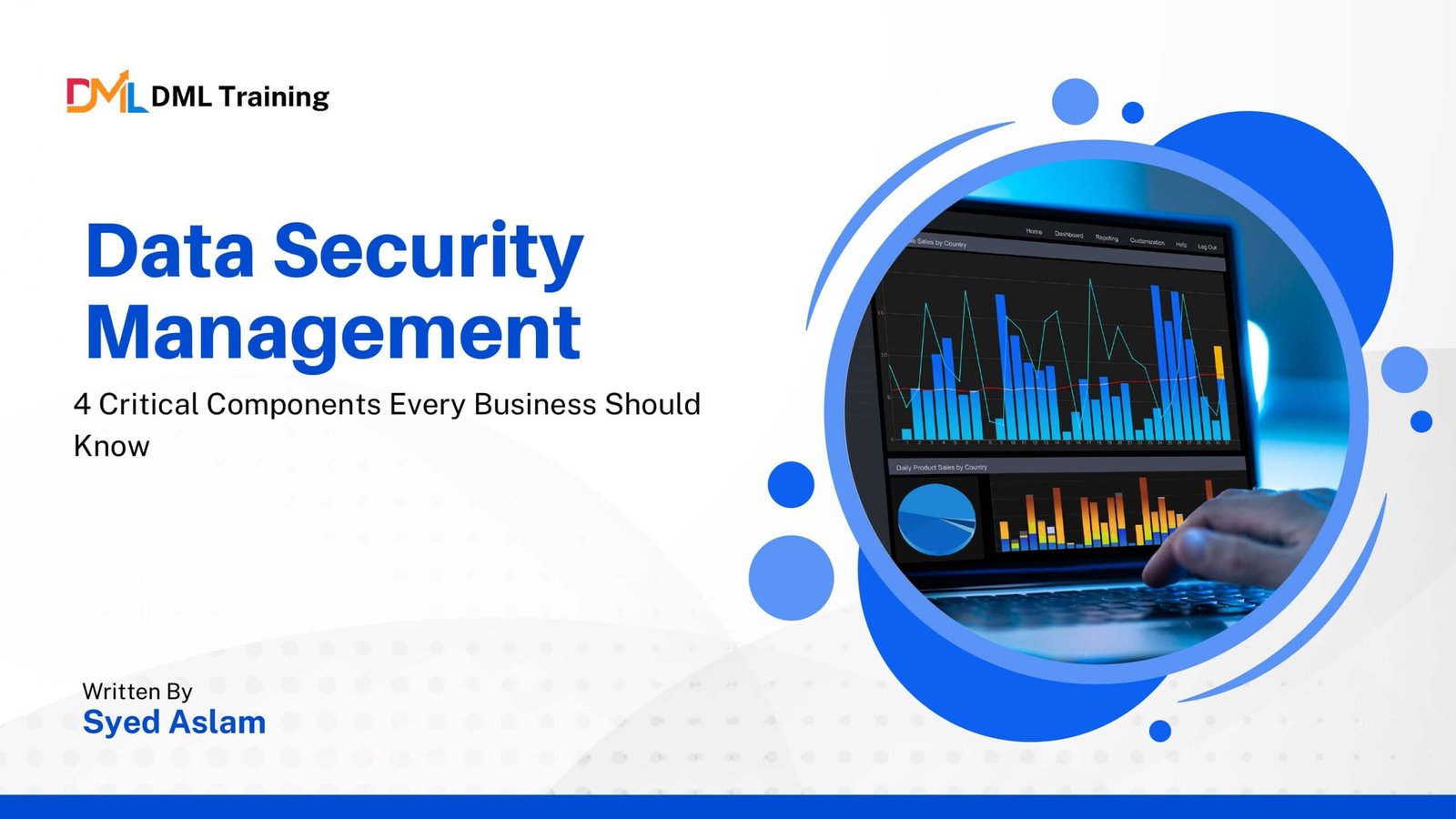In today’s digital-first world, data security is no longer a nice-to-have—it’s business-critical.
Whether you’re protecting sensitive customer information, internal financial data, or proprietary business knowledge, safeguarding digital assets has become essential for maintaining trust, ensuring compliance, and keeping operations running smoothly.
At Aptimized, we help businesses take a proactive approach to data security management, rooted in strategy, scalability, and real-world application. And it all starts with understanding four fundamental components: confidentiality, integrity, authenticity, and availability.
Let’s break them down.
Confidentiality: Keep Sensitive Information Private
Not everyone in your organization needs access to everything, and they shouldn’t.
Confidentiality ensures that sensitive data is only available to authorized individuals. This includes customer records, employee details, intellectual property, and internal documents. Breaches in confidentiality not only violate regulations but also damage customer trust and brand reputation.
To maintain confidentiality, businesses should:
- Encrypt data at rest and in transit
- Use role-based access controls (RBAC) to limit access based on job function
- Enforce multi-factor authentication (MFA) for system logins
- Secure devices and endpoints, especially for remote workers
Your customers entrust you with their information. Maintaining that trust is your responsibility—and your competitive edge.
Integrity: Ensure Data Accuracy and Reliability
Imagine making high-stakes business decisions based on outdated or altered data. That’s the risk when data integrity isn’t prioritized.
Integrity means your data remains accurate, consistent, and trustworthy throughout its lifecycle. Even small changes—whether accidental or malicious—can lead to big consequences.
How to safeguard data integrity:
- Validate data at entry to catch errors early
- Limit edit/delete permissions to authorized users only
- Track changes using audit logs and version history
- Automate consistency checks across platforms
With clean, reliable data, your business can act with confidence and clarity.
Authenticity: Know Where Your Data Comes From
In an era of deepfakes, spoofed identities, and manipulated files, authenticity is more important than ever.
Authenticity ensures that your data is what it claims to be—and comes from a legitimate, verifiable source. This is especially critical when multiple teams, departments, or external partners handle your data.
To promote authenticity, use:
- Digital signatures on files and communications
- Secure document sharing platforms
- Timestamps and logging of key actions
- Chain-of-custody documentation for sensitive workflows
When your data is traceable, it’s more trustworthy for your team, your clients, and your regulators.
Availability: Ensure Access When It Matters
You can have the strongest encryption, the most secure login systems, and the best monitoring tools—but if your data isn’t available when needed, your operations will suffer.
Availability is about ensuring that your data can be accessed quickly and reliably, whether it’s a normal business day or you’re facing a cyberattack or system failure.
To maintain data availability:
- Implement cloud backups and redundancy
- Invest in high-availability infrastructure
- Create disaster recovery plans that include ransomware scenarios
- Monitor uptime and system performance continuously
In today’s always-on business landscape, accessibility is key to productivity, service, and resilience.
Data Security Is More Than Protection—It’s Empowerment
Good data security isn’t just about avoiding breaches. It’s about enabling your team to work smarter and faster—without second-guessing the safety of their systems. It’s about building an environment where compliance is second nature and customers feel confident doing business with you.
At Aptimized, we design security frameworks that grow with your business. From risk assessments and policy development to cloud migration and user training, we build cloud- first, secure-by-design environments that help your business scale with peace of mind.
Quick Recap: 4 Pillars of Strong Data Security
- Confidentiality: Control who has access to sensitive data
- Integrity: Ensure your data remains accurate and unaltered
- Authenticity: Verify the source and legitimacy of your data
- Availability: Make sure your data is accessible when needed
Ready to Strengthen Your Data Security?


application chauffeur vtc en france vous pouvez visiter le site
I appreciate you sharing this blog post. Thanks Again. Cool.
Thanks for the feedback!